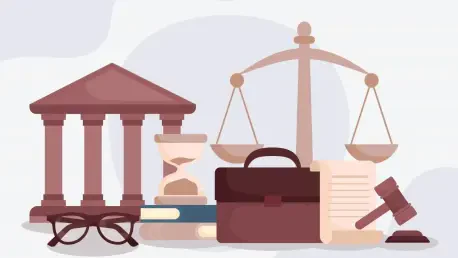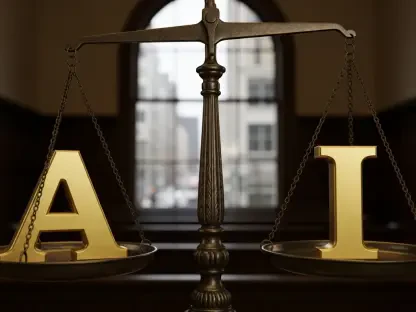In a complex legal saga, the Texas law firm Jackson Walker finds itself embroiled in a bankruptcy fee dispute involving the U.S. Trustee’s Office. At the heart of this controversy is the U.S. Trustee’s Office’s challenge to the legitimacy of court-ordered fee awards designated to Jackson Walker during bankruptcy proceedings presided over by former U.S. Bankruptcy Judge David Jones. Complicating matters and raising profound ethical questions, it came to light that Jones had been engaged in a romantic relationship with Elizabeth Freeman, a former partner at Jackson Walker. This disclosure has injected significant ethical dilemmas into the proceedings, sparking debate and legal scrutiny about the propriety and legality of fees granted under Judge Jones’s tenure. Such revelations have led to fervent discussions on the role of transparency in legal environments and how personal matters can influence judicial impartiality.
Agreement to Mediate
In response to the contentious environment, Jackson Walker and the U.S. Trustee’s Office have agreed to pursue mediation to find a resolution to their dispute. The upcoming mediation, scheduled to take place in June, will be overseen by retired U.S. Bankruptcy Judge Joan M. Feeney from the District of Massachusetts. This move towards mediation marks a significant step by both parties to potentially avoid a lengthy legal confrontation, which could result in the forfeiture of millions in fees for the law firm. The decision was communicated through a joint notice addressed to U.S. District Judge Alia Moses of the Western District of Texas, signaling an intention to resolve the standing issues through negotiation rather than courtroom battles. This consensual approach not only underscores the willingness of both parties to address their differences constructively but also highlights the evolving dynamics in legal dispute resolution, where alternative methods are increasingly prioritized.
Ethical Implications and Judicial Standards
The unfolding narrative surrounding this legal conflict raises pressing issues concerning ethical conduct in the judiciary. Central to the discussion is the necessity for transparency and full disclosure in legal proceedings, especially in cases where personal relationships might affect judicial outcomes. The belated revelation of Judge Jones’s relationship with Elizabeth Freeman has put a spotlight on the importance of impartiality expected from judges. The U.S. Trustee’s Office aims to annul the fee awards in around 33 bankruptcy cases, asserting that the decisions were potentially swayed by Judge Jones’s compromised neutrality. This case sheds light on the severe repercussions personal entanglements can have on professional obligations in legal settings demanding the utmost ethical standards. The scenario demands a reflection on the inherent risks posed when personal connections intersect with professional duties, potentially leading to conflicts of interest and undermining public trust in the justice system.
Legal Precedents and Future Considerations
As the legal community takes note of this evolving situation, one of the clear takeaways is the necessity for unwavering adherence to ethical benchmarks in legal operations. Maintaining such standards not only assures the credibility of judicial processes but also strengthens public perception of fairness and impartiality. The conscientious handling of this dispute is likely to set a precedent for future incidents where ethical breaches are under scrutiny. As this case demonstrates, there is growing impatience and intolerance for lapses in ethical judgment within the legal profession. Prominent legal figures and law bodies are increasingly advocating for a rigorous reinforcement of ethical codes to safeguard justice from personal indiscretions or conflicts. The mediation initiative is a critical development, potentially reshaping how similar disputes are approached, with a focus on mediation and dialogue as effective means to resolve ethical concerns outside expensive and lengthy litigation.
Shaping the Path Forward
The agreement to mediate highlights a significant shift toward a more collaborative and pragmatic approach in tackling complex legal disputes. As the legal system adapts to contemporary challenges, the case involving Jackson Walker and the U.S. Trustee’s Office illustrates how the balance between professional ethics and personal affairs is continually tested. The scheduled mediation is not only a potential resolution to the issues at hand but also an emblem of the legal community’s commitment to resolving disputes in a manner that upholds and reinforces ethical tenets. The outcome of this mediation could lead to the establishment of influential legal precedents, emphasizing transparency and ethical adherence as non-negotiable elements in judicial practice. The ongoing case serves as a reminder of the evolving landscape in judicial and legal ethics, urging stakeholders to remain vigilant and proactive in upholding justice untainted by personal biases or relationships.









